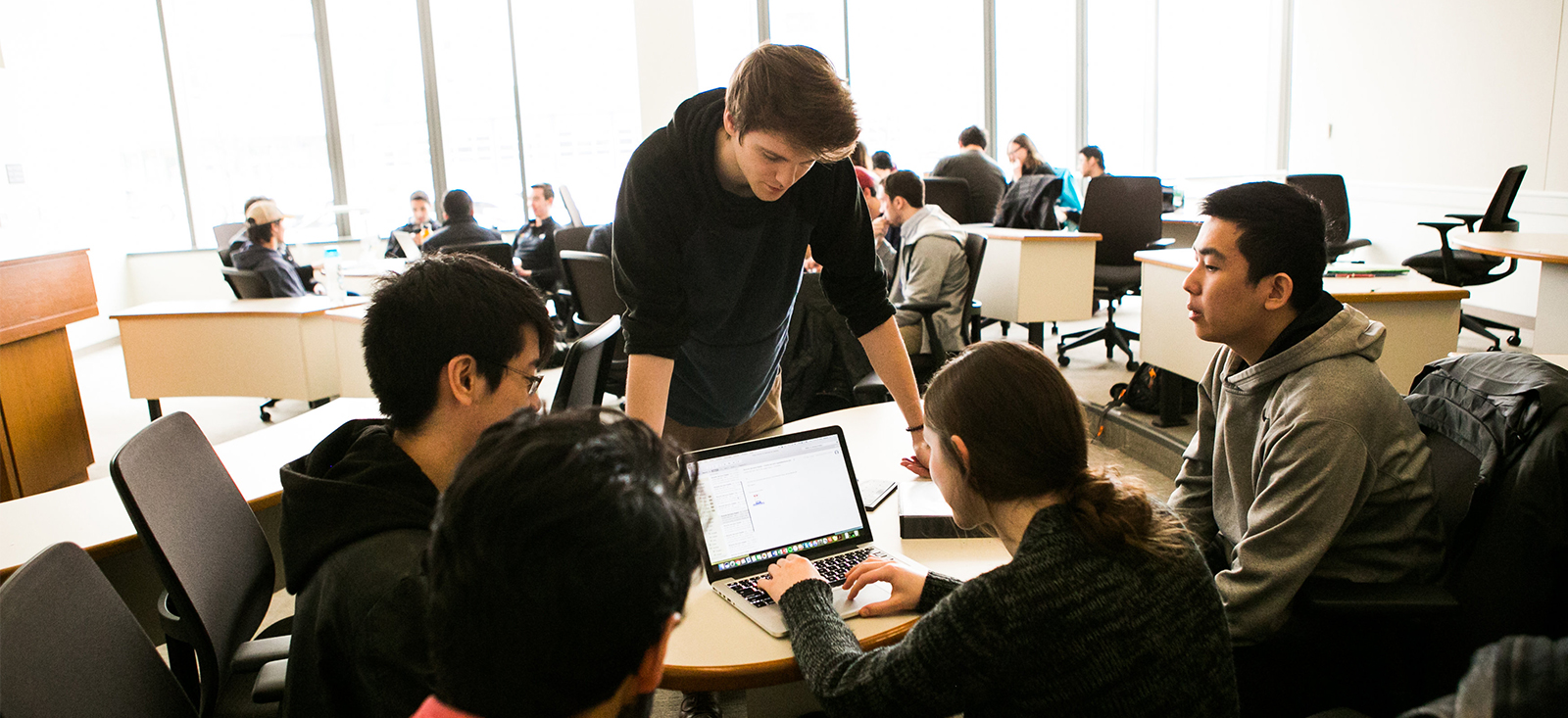
New Financial Literacy Program Equips and Educates Beyond the Classroom
Financial literacy is a personal topic for Clinical Professor of Finance Jodi Cataline ’90. Even as a business school graduate earning a good post-graduation salary, she still ran into financial problems.
“Considering I had the education in finance and didn’t understand it on a personal level, I did the best I could,” she recalls. “I carried interest and I missed payments, but I made decent money and worked overtime, so I whittled away and got everything paid off.”
Her experience has shaped one portion of her teaching over the past two decades, helping college students to understand both their own financial situations and the wider context of companies and institutions that shape them – everything from commercial banks and mortgage lenders to educational loan providers and insurance companies.
Now, as academic director for the new LeBow Financial Literacy Program, Cataline will expand on over 20 years of experience teaching financial literacy to create a program that will serve a wider population of Drexel students and extend into the greater Philadelphia community.
Launched during fall term 2024 with $300,000 in seed funding from a LeBow alumnus, the program builds on LeBow’s undergraduate Financial Literacy course (FIN 150) to create a series of modules aimed at younger, pre-college audiences and engages current LeBow students in delivering these modules to high school students through community outreach efforts in Philadelphia-area high schools.
Those efforts, led by Professor and Department Head of Finance Ed Nelling, PhD, begin during winter term, with LeBow student tutors delivering educational materials developed by First Generation Investors, a nonprofit founded at the University of Pennsylvania in 2018. Financial literacy is now a required topic for graduation from Pennsylvania high schools, and these modules will help students at Sayre High School in West Philadelphia to fulfill that requirement.
Alex Le, BS finance and accounting ‘25, will serve as lead tutor for the program. Le first became involved in financial literacy education through high school clubs and has since gained presentation experience through courses at LeBow and leadership positions with the Dean’s Student Advisory Board.
“I wanted to get involved in something that I knew I’d remember after college,” he says. “This program really combines my professional interests and allows me to work with people in a way that would impact their future.”
As Le and the tutors begin their instruction during winter term, Cataline will work on building out the existing Financial Literacy course into a more advanced version (FIN 351) that can serve as an “offboarding” experience for graduating students.
“My goal is to target our students who are getting ready to graduate so they don’t make poor decisions when repaying their student loans,” she says. “I’m trying to demystify all of the messages that are out there about personal finance.”
A longtime member of LeBow’s Department of General Business, Cataline developed a course in Individual Financial Strategy soon after joining LeBow as a clinical faculty member in 2000. That course eventually became Financial Literacy (FIN 150), which has attracted students from other colleges throughout Drexel for years.
Joseph Lucas, BS computer science ’24, took Financial Literacy during his final year at Drexel. He notes that the course built on concepts from Foundations of Business I and II, which he took as a student in the First-Year Exploratory Studies program.
“I felt really lucky to get into the class, because it really filled me in on things like investing, interest rates and how to make your money work for you,” he says. “Students will get a lot out of taking it at the end of their college career, when their careers and their future start to come into focus.”
In addition to creating the revised FIN 351 course, Cataline seeks to expand access to financial literacy education for more students throughout Drexel and the surrounding neighborhoods through additional community partnerships.
“This is the class I’ve taught that I enjoy the most and that has had the most impact on students,” she says. “This program would be a legacy for me — a teaching moment to last the rest of my life.”




